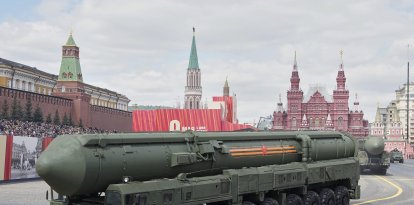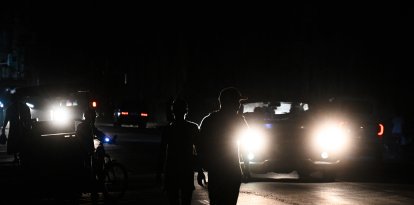The shocking revelation about Palestinians and crime in Denmark: the vast majority have been convicted of crimes
This was found by an analysis based on official sources from the Danish government.

Wikimedia Commons
In the last few hours, a publication that analyzed a particular event involving a specific population became popular on social networks: the trend of Palestinian refugees who arrived in Denmark in the early 1990s. According to the post by Visegrad 24, which has more than one and a half million views, 64% of these refugees were convicted of crimes.
According to data from the Danish Ministry of Immigration and Integration, Denmark received 321 Palestinian refugees in 1992. By 2019, 64% had been convicted of a crime, and 34% of their children also received a conviction.
Given the current context in the Middle East with the war between Hamas and Israel, the figures were of interest to the user known as Visegrad 24, who posted the story on his X account, formerly known as Twitter.
Why should we risk our national security?
The story reached the ears of Nigel Farage, former British politician and Brexit leader in 2015, who used the data to fuel an opinion column he recently published on gbnews.com.
"Now I'm going to give you some stats from Denmark that are very shocking. In 1992, Denmark gave refuge to 321 Palestinians. By 2019, the government produced results for what had happened to them," he began while trying to justify his stance against receiving refugees from the Gaza Strip in the United Kingdom.
"64% of those that have been given refuge had obtained criminal records. 34% of their children had obtained criminal records. And bear in mind, many of the children hadn't yet grown up and the vast majority were living on welfare," he continued.
In short, he asserted that "the influx of refugees that went in to Denmark proved to be a mistake and a complete disaster, and that's before Hamas really got into gear."
"I'd ask Hamza Yousaf and anyone that thinks we should take large numbers of people from Gaza, why on earth should we risk our national security? Frankly, it doesn't make sense," said Farage.

























